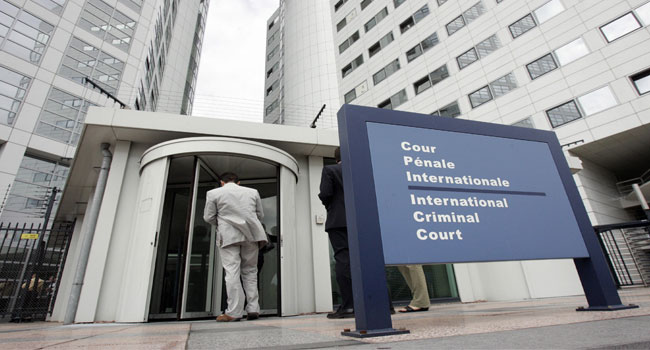Families Of Japanese ‘Kidnapped By N. Korea’ Seek ICC Probe

Japanese families who believe their relatives were abducted by North Korea want the International Criminal Court to investigate the disappearances and punish the country’s leader, a support group said Friday.
They will submit a petition to the court next week, at a time when attention is already heavily focused on Pyongyang and its nuclear weapons and missile drive.
North Korea admitted in 2002 that it had dispatched agents to kidnap 13 Japanese in the 1970s and 1980s who were tasked with training its spies in Japanese language and customs.
Five of the abductees were allowed to return to Japan but Pyongyang has insisted — without producing solid evidence — that the eight others are dead.
Tokyo says at least 17 people were abducted, but a support group for relatives believes the disappearance of up to 470 Japanese may be linked to North Korea.
Families of the missing, and their supporters will submit a petition “seeking punishment of (North Korea’s) Kim Jong-Un and request a probe” into the suspected abductions of at least 100 Japanese, support group official Kazuhiro Araki told AFP.
The draft petition alleges that “not a small percentage” of the abductees are still alive, and “their freedom is severely restricted,” the Kyodo news agency reported.
The move comes as regional tensions remain high over North Korean threats.
Australian Prime Minister Malcolm Turnbull and his Japanese counterpart Shinzo Abe discussed the issue in Tokyo on Thursday, pledging to push for the conclusion of a major new bilateral security pact.
Japan’s government has said it is “cooperating closely” with the families and supporters over their petition.
A 2014 UN report on human rights in North Korea estimated that 200,000 people from other countries had been abducted by its agents over the decades.
Most of them were South Koreans left stranded after the 1950-1953 Korean War, but hundreds of others from around the world — including women from Lebanon, Thailand, Malaysia, Singapore, Romania and France — were taken or disappeared while visiting the country between the 1960s and 1980s, the report said.
No comments:
Post a Comment